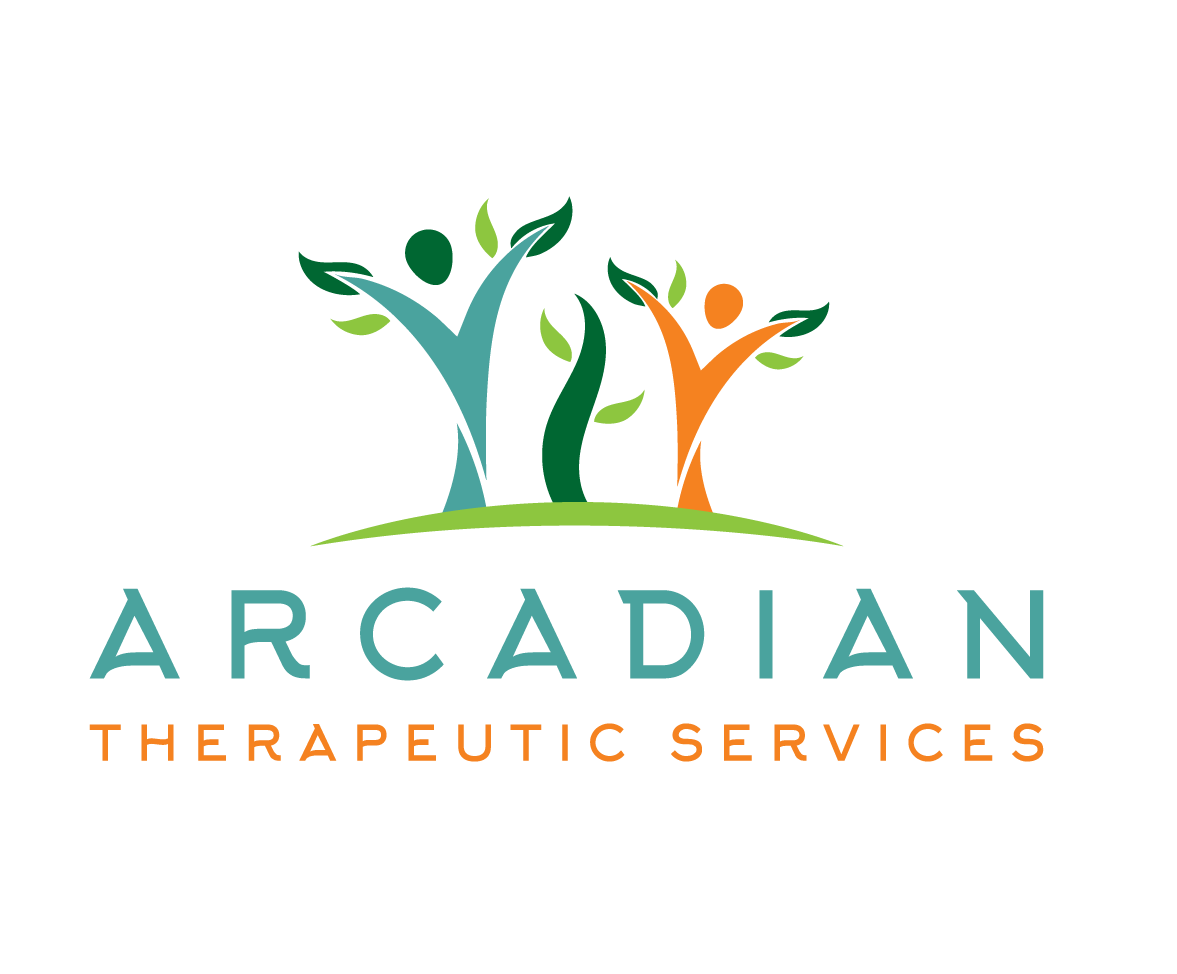Helping Your Children Identify Healthy Relationships
For better or worse, our kids’ peer relationships exert enormous influence on their social and emotional development. When friendships are mutual and kind, we watch our children glow with the joy of being known. When they’re full of conflict or stress, their pain is often evident at school and at home. As our children spend time with peers in their move toward independence, friendships become increasingly important and can even influence relationship patterns into adulthood.
So what, exactly, IS a healthy relationship?
We might have a gut feeling about what a healthy relationship is, but how do we describe it? Whether it’s a parent-child relationship or a friendship between two adults or two children, healthy relationships have a few key characteristics:
Support - Supportive relationships help point us back to who we are and remind of us of our value. When life is hard, healthy friends turn towards us instead of away. They aren’t afraid to sit with us in our pain and uncertainty.
Trust - Trust equals safety. Trust is built on mutual demonstrations of dependability, respect and honor of the personhood of the other.
Honesty - Honesty in relationship means I can be the healthiest version of myself and so can you. We can show up authentically, solve problems together and grow in our emotional intimacy.
Good boundaries - Boundaries show us where one person’s responsibility and control ends and another person’s begins. Boundaries are foundational to mutual understanding, appreciation and respect in relationship.
Does our relationship with our kids impact their peer relationships?
The definitive and resounding answer is- yes! How we bond and interact with our children helps them form expectations of the world and the people in it. We are their first significant relationship and their first model for relationship health. If this seems like a tremendous amount of pressure, take heart. The most important thing we can be is attuned, which means we see our children’s needs and predictably, consistently respond to them. We also serve our children well when we give them the freedom to explore their world, be their own individual selves, and when we encourage their independence. While we are parents, we also offer our children the same values of support, trust, safety, honesty and good boundaries that characterize all healthy relationships.
How can we help our children identify healthy friendships?
Though the basics of relationship health stay the same as children move through developmental stages, how we model or talk about relationship health evolves. For young children, take the time to read and talk about books together like, “No Is A Big-Little Word” and, “The Not-So-Friendly Friend.” Explore questions with them like:
Does my friend take turns playing with me?
Does my friend ask me to do things that make me uncomfortable?
What happens when I tell my friend, “No?”
Does my friend ever make fun of me or make me feel bad about myself?
For adolescent children, invite their friends over to your house, drive them in your car and listen to them talk. In short, get to know the people your teen or preteen spends time with and try to understand why your child values them. Questions to spark conversation might include:
How do you feel when you’re with your friend?
When you spend time with this friend, do you do things you both want to do? How do you decide?
Do you feel like you can trust this person with your secrets?
Has there ever been a time when this friend has put you in the middle of a disagreement or asked you to take sides?
Do you feel your friendship is a mix of give and take between you?
In late adolescence and young adulthood, your child likely has a significant history of healthy friendship skills to fall back on. It’s useful at this stage to think in terms of the red flags associated with an unhealthy relationship framework. In young adulthood and beyond, unhealthy relationships may look like having a friend who:
is always needing something, but doesn’t usually reciprocate;
doesn’t take accountability for ways they may have hurt you;
may weaponize difficult things in their life as a way to manipulate you;
makes you feel guilty, especially about spending time with other people; and
disrespects or discounts your boundaries or values.
Modeling and talking about relational health with our kids is a lifelong practice that you can improve and change anytime. If you find yourself or your children struggling in relationships with each other or peers, find a local counselor or therapist who can help develop a plan for better boundaries, to help build relationship skills and improve your attunement.
Written by Katie Anthony, Marriage and Family Therapy Masters Candidate
